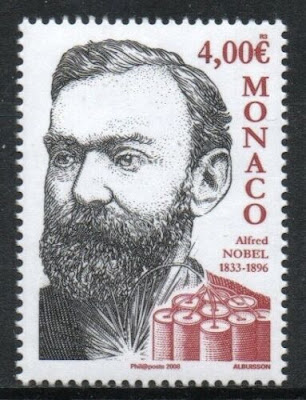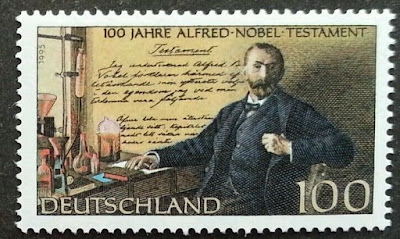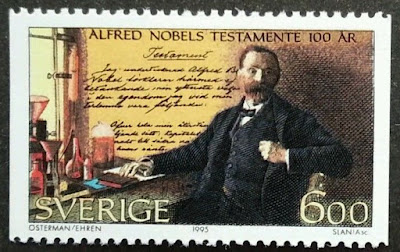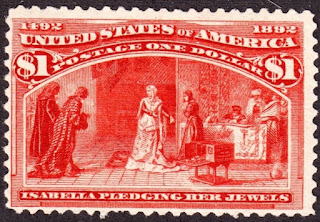Here are some events that happened on October 21st. It could be an event or a person that died or was born on that day
1797 – In Boston Harbor, the 44-gun United States Navy frigate USS Constitution is launched.
USS Constitution, also known as Old Ironsides, is a wooden-hulled, three-masted heavy frigate of the United States Navy. She is the world's oldest commissioned naval vessel still afloat. She was launched in 1797, one of six original frigates authorized for construction by the Naval Act of 1794 and the third constructed. The name "Constitution" was among ten names submitted to President George Washington by Secretary of War Timothy Pickering in March of 1795 for the frigates that were to be constructed. Joshua Humphreys designed the frigates to be the young Navy's capital ships, and so Constitution and her sister ships were larger and more heavily armed and built than standard frigates of the period. She was built at Edmund Hartt's shipyard in the North End of Boston, Massachusetts. Her first duties were to provide protection for American merchant shipping during the Quasi-War with France and to defeat the Barbary pirates in the First Barbary War.
Constitution is most noted for her actions during the War of 1812 against the United Kingdom, when she captured numerous merchant ships and defeated five British warships: HMS Guerriere, Java, Pictou, Cyane, and Levant. The battle with Guerriere earned her the nickname "Old Ironsides" and public adoration that has repeatedly saved her from scrapping. She continued to serve as flagship in the Mediterranean and African squadrons, and she circled the world in the 1840s. During the American Civil War, she served as a training ship for the United States Naval Academy. She carried American artwork and industrial displays to the Paris Exposition of 1878.
Constitution was retired from active service in 1881 and served as a receiving ship until being designated a museum ship in 1907. In 1934, she completed a three-year, 90-port tour of the nation. She sailed under her own power for her 200th birthday in 1997, and again in August 2012 to commemorate the 200th anniversary of her victory over Guerriere.
Constitution's stated mission today is to promote understanding of the Navy's role in war and peace through educational outreach, historical demonstration, and active participation in public events as part of the Naval History & Heritage Command. As a fully commissioned Navy ship, her crew of 60 officers and sailors participate in ceremonies, educational programs, and special events while keeping her open to visitors year round and providing free tours. The officers and crew are all active-duty Navy personnel, and the assignment is considered to be special duty. She is usually berthed at Pier 1 of the former Charlestown Navy Yard at one end of Boston's Freedom Trail.
US stamps depicting Navy frigate USS Constitution
1833 Born: Alfred Nobel, Swedish chemist and engineer, invented dynamite and founded the Nobel Prize (d. 1896)
1892 – Opening ceremonies for the World's Columbian Exposition are held in Chicago, though because construction was behind schedule, the exposition did not open until May 1, 1893.
The World's Columbian Exposition (the official shortened name for the World's Fair: Columbian Exposition, also known as the Chicago World's Fair and Chicago Columbian Exposition) was a world's fair held in Chicago in 1893 to celebrate the 400th anniversary of Christopher Columbus's arrival in the New World in 1492. The centerpiece of the Fair, the large water pool, represented the long voyage Columbus took to the New World. Chicago had won the right to host the fair over several other cities, including New York City, Washington, D.C., and St. Louis. The Exposition was an influential social and cultural event and had a profound effect on architecture, sanitation, the arts, Chicago's self-image, and American industrial optimism.
Stamps from the Columbian Exposition Issue issued in 1893










No comments:
Post a Comment